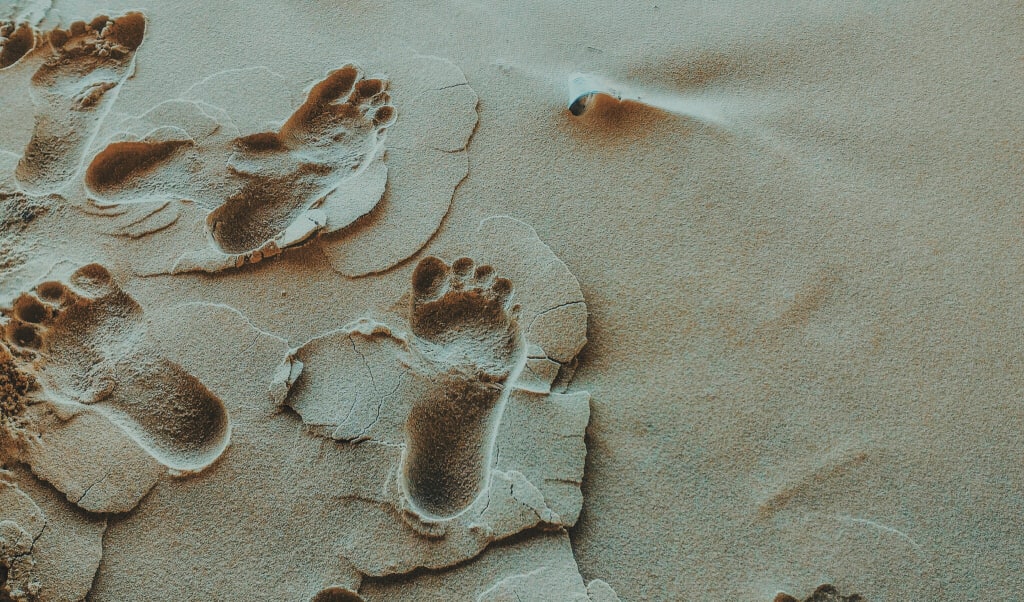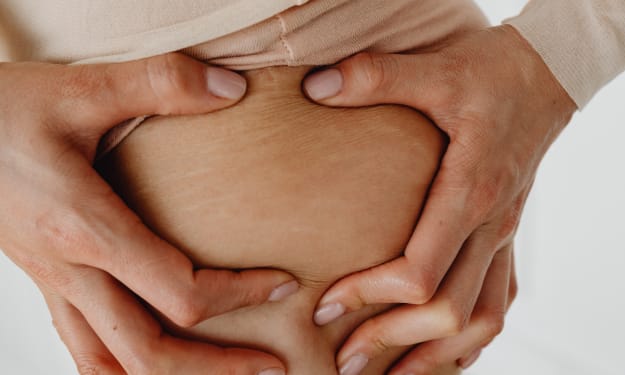A Holistic Approach To Corns And Calluses:
Symptoms, Treatment, And Care Insights

Corns and calluses are common foot conditions that can cause discomfort and affect our daily activities.
Understanding the symptoms, exploring treatment options, and adopting proper care techniques are crucial for managing these conditions effectively.
Taking a holistic approach that combines preventive measures, treatment methods, and self-care practices can help alleviate symptoms and promote overall foot health.
In this article, we will delve into the symptoms, treatment options, and care insights for corns and calluses.
Symptoms of Corns and Calluses:
Corns and calluses are thickened, hardened areas of skin that develop due to repeated friction or pressure. While they are similar in nature, corns usually have a hard centre surrounded by inflamed skin, while calluses are larger, more diffuse areas of thickened skin.
Common symptoms include pain, tenderness, thickened skin, and a rough or bumpy texture. These conditions typically occur on the toes, soles of the feet, or other areas that experience repetitive pressure or friction.
Treatment Options:
When it comes to treating corns and calluses, several options can provide relief and improve the condition. It is essential to consult a healthcare professional, such as a podiatrist or dermatologist, for a proper diagnosis and guidance on the most suitable treatment approach. Here are some common treatment methods:
Footwear Modifications: Wearing properly fitting shoes that provide adequate support and cushioning can help prevent and alleviate corns and calluses. Avoid tight or narrow shoes that cause excessive pressure on specific areas of the feet.
Padding and Orthotics: Various padding techniques, such as using moleskin or felt pads, can help reduce pressure on corns and calluses. Additionally, custom orthotic inserts can provide better foot support and redistribute pressure, promoting healing and preventing further development.
Salicylic Acid Treatment: Over-the-counter salicylic acid patches, gels, or liquids can help soften and remove the thickened skin of corns and calluses. Follow the instructions carefully and avoid using salicylic acid if you have diabetes or poor circulation.
Professional Trimming: A healthcare professional can safely trim the excess skin of corns or calluses using sterile instruments, relieving discomfort and reducing the risk of infection.
Medications: In some cases, your healthcare provider may prescribe medications, such as topical retinoids, to help thin the thickened skin and promote healing.
Care Insights:
Alongside treatment, incorporating proper foot care practices into your daily routine is essential for managing corns and calluses. Here are some care insights to consider:
Regular Exfoliation: Gently exfoliating the feet with a pumice stone or foot scrub can help remove dead skin cells and prevent the buildup of thickened skin. However, avoid excessive scrubbing, as it can cause irritation or injury.
Moisturization: Applying a moisturizing cream or lotion to the feet regularly can keep the skin hydrated and prevent excessive dryness, which can contribute to the formation of corns and calluses.
Proper Nail Care: Trimming your toenails straight across and keeping them at a moderate length can help prevent ingrown toenails, which can lead to corns and calluses.
Avoid Self-Removal: While it may be tempting to attempt removing corns or calluses at home, it is best to leave it to the professionals to avoid complications or infections.
Regular Check-ups: Schedule regular visits with a healthcare professional to monitor the condition of your feet, especially if you have diabetes or circulation issues, as these conditions can increase the risk of complications.
Adopting a holistic approach to corns and calluses involves understanding the symptoms, exploring appropriate treatment options, and incorporating proper care practices into your routine.
By combining preventive measures, professional treatment, and self-care techniques, you can effectively manage these foot conditions and promote optimal foot health.
To ensure you receive personalized advice and guidance on the most suitable course of action for your specific situation, it is highly recommended to consult with a healthcare professional.
If you're unsure about which clinic to choose, consider seeking a consultation with one of the leading dermatology clinics in Bangalore, India, where you can receive expert advice and explore appropriate treatment options tailored to your needs.
About the Creator
Christopher David
I am a writer, editor and an avid reader.





Comments
There are no comments for this story
Be the first to respond and start the conversation.